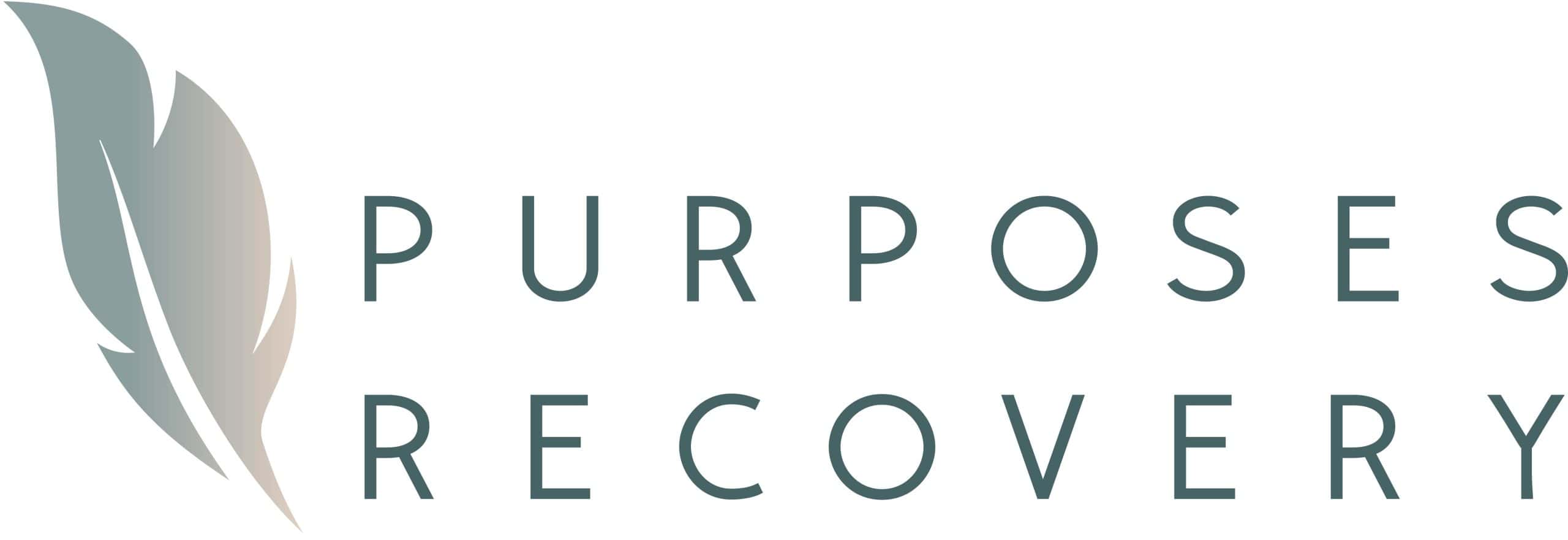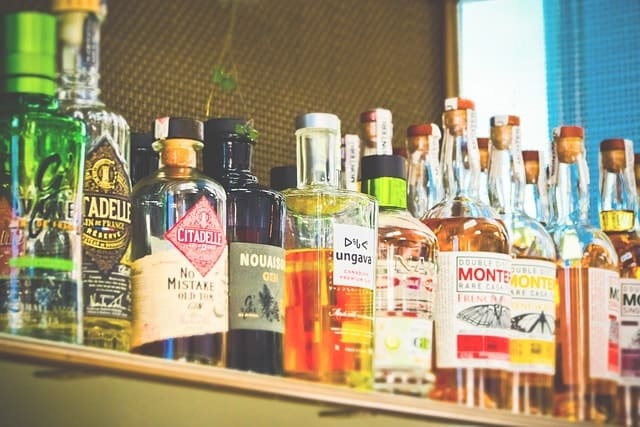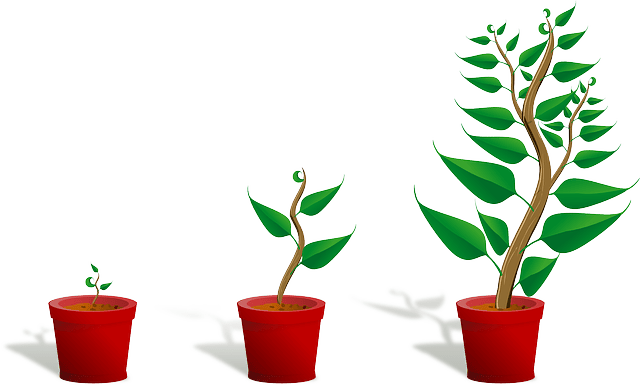The gateway hypothesis is an influential theory, one that remains key to how substances like marijuana, alcohol, and cigarettes are seen by the public. But more recently, people have started to question it. Despite the ubiquity of the theory and the fact that it has even shaped federal law, there’s some uncertainty.
So does the gateway hypothesis still hold water?
What is the Gateway Hypothesis?
Established during the 1970s by Denise Kandel and her team, the gateway hypothesis posits that drug users tend to escalate their usage over time, a theory that’s been incredibly popular and influential, particularly in the areas of education and public policy. According to the gateway hypothesis, the use of one drug — usually during adolescence — makes the individual more likely to “graduate” to another (often more harmful) drug later on. The most common example of the gateway hypothesis is for a teenager who has gotten comfortable and curious after a period of cannabis experimentation to begin trying harder substances like prescription pills or cocaine.
But since most people haven’t kept up with the research, the public doesn’t realize how the gateway hypothesis has evolved over the years. In the early 1980s, the term gateway drug referred exclusively to alcohol and cigarettes until it eventually was extended to cannabis.
Are there Merits to the Gateway Hypothesis?
There are certainly merits to the gateway hypothesis. Namely, the hypothesis draws three conclusions that would seem to be supported by data, which are as follows:
- Marijuana users are more likely to progress to hard-drug use than nonusers.
- Almost everyone who used both marijuana and hard drugs started on marijuana.
- A higher amount of marijuana use correlates with the later use of hard drugs.
Scholars have been discussing a few possible factors that could lead someone from soft drugs to harder substances. When someone escalates their use of the same substance — meaning they’re increasing their dosing steadily over time — it’s because they’re “chasing the high,” which is when the user must increase their dosage to achieve their desired effects as the result of their increasing physical tolerance to the substance. However, it doesn’t really work the same way when you’re switching between substances as the lack of experience with new substances means there’s little physical motivation or drive.
In all likelihood, this tendency for drug users to periodically graduate to harder drugs is actually indicative of much broader behavioral phenomena. An obvious parallel is individuals colloquially referred to as “adrenaline junkies” who often start out with smaller stunts that escalate in scale over time. Drug users in the early days of experimentation are likely held back by their inexperience and their fear of the more dire consequences of drug use, like overdosing. Assuming it’s not laced or manipulated — which, we’ll note, is a pretty dangerous assumption to make — cannabis is a naturally-occurring substance that poses minimal risk to one’s well-being and, as such, is the path of least resistance.
On the other hand, there have been studies that attempted to offer alternative conclusions. In particular, some have pointed to significant knowledge gaps that must be addressed before the hypothesis can be either confirmed or refuted. This means while significant action has already been taken against marijuana, it’s not clear that this even needed to be done in the first place.
What are the Problems with the Gateway Hypothesis?
Recently, more and more scholars have been questioning the gateway hypothesis.
The same data supporting marijuana as a gateway drug could also indicate that a person’s opportunities and unique factors are what leads to hard drug use.
Marijuana does correlate with harder drug use, but alcohol and tobacco do as well. This forces us to question if there is actually a causal link between them. After all, a person could be driven by the same factors that lead from alcohol and marijuana to other drugs. Moreover, the same data that had been used to classify marijuana as a gateway drug could simultaneously indicate that it’s actually opportunity and circumstance that lead to the use of harder drugs.
One alternative to the gateway hypothesis is the idea that young people are simply going to consume alcohol and marijuana first because these substances are more accessible than virtually all other substances with alcohol legal across the US and cannabis legal at some level in as many as 40 states (or 41 if you include DC). Another possibility is that substance abuse is simply the result of environmental factors that can lead a person to use. So instead of softer drugs leading to harder ones, the idea is that the person was predisposed to want to seek those harder drugs in the first place, often due to circumstances beyond his or her control.
In a study, people using soft drugs showed no increase in cannabis use or in hard drugs later in life. Researchers encouraged an alternative approach where programs attempt to address broader societal contexts rather than individual behavior.
Even if there’s some validity to it, the gateway hypothesis provides an overly simplistic view of substance abuse, resulting in many people being villainized because of their struggles with addiction, sometimes even perceived as dangerous criminals.
Find Your Truth with Purposes Recovery
If you are struggling with substance abuse, Purposes Recovery is here to help. With a detox program in Los Angeles that can help you overcome addiction, we offer helpful, 24/7 support to individuals taking the first steps toward sobriety. Call our toll-free number to learn more about our services or see if our LA detox program is right for you.



